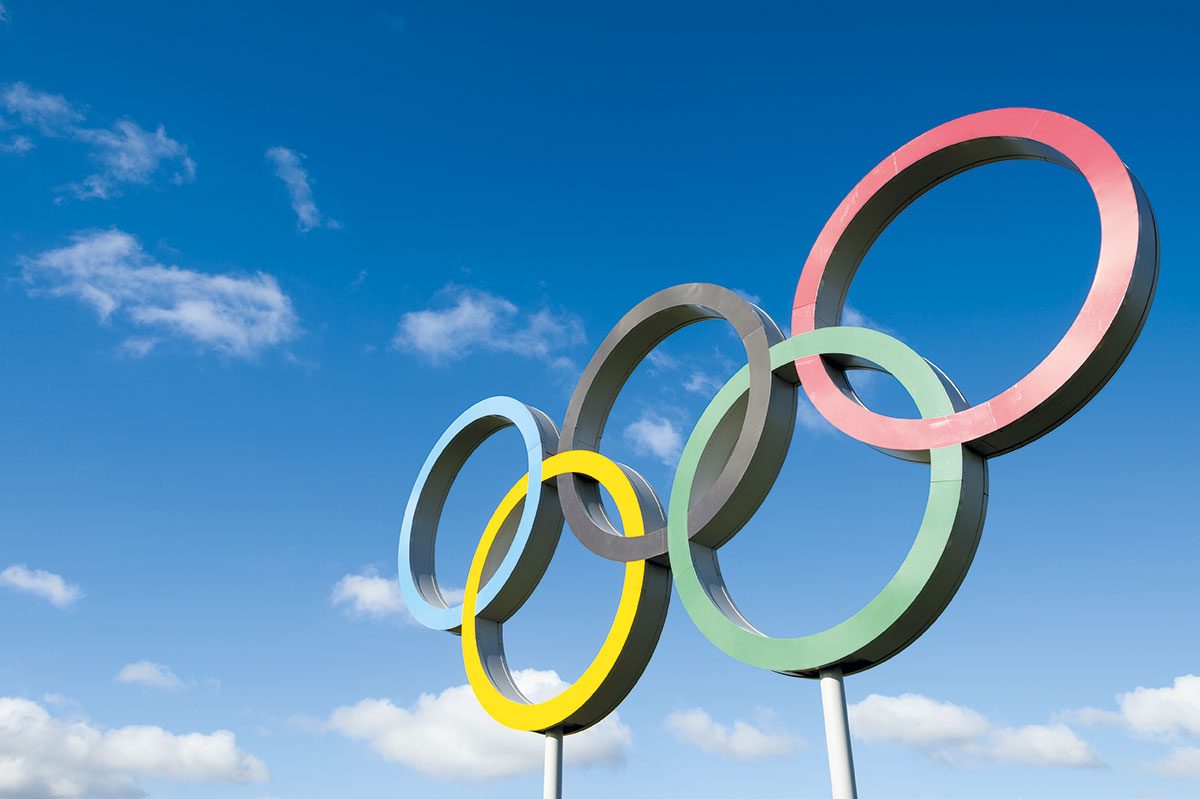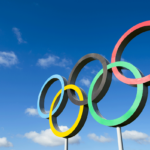Despite rumours to the contrary, the International Olympic Committee and organisers are adamant the Tokyo Games will happen.
Francesco Ricci Bitti, president of the Association of Summer Olympic International Federations, said: “We are positive that the games will be held. They will be different games. But we, the federations, are open to accepting these changes.”
Olympic Games Officials have promised to announce plans early this month about getting 15,000 Olympic and Paralympic athletes into Japan, about the safety of the Athletes Village and the potential tens of thousands of fans, officials and broadcasters.
Lucia Montanarella, head of IOC media operations, explained: ” We created four different scenarios, one that had travel restrictions, one with clusters to one where the pandemic was nearly gone.”
Changes could include athletes staying in Japan for a shorter time to keep the Athletes Village less crowded and fewer participants appearing in the Opening Ceremony. Athletes are likely to be asked to self-quarantine before travelling followed by regular testing in Japan.
IOC President Thomas Bach has said vaccines are not “obligatory”, but is pushing for those taking part to be vaccinated. However, the World Health Organization says Olympic athletes should not be put ahead of health care workers, the elderly and the vulnerable.
When asked when a decision would be made about having local fans or fans from abroad Yoshiro Mori, president of the organising committee, said: “The final deadline for a decision would be May, but it may come sooner.”
Obviously there would be huge cost implications resulting from reduced attendance figures. Tokyo has budgeted $800 million for ticket sales. The official budget for the Tokyo Olympics already increased in December to $15.4 billion, an increase of $2.8 billion because of the delay. However, the real figure could be even higher.
However, it is not just Japan that is looking at the bank balance if the Games. For the IOC 73 per cent of their income comes from selling the broadcasting rights with another 18 per cent from sponsors. The IOC has only two events – Summer and Winter Olympics – in which to earn this income. They have the added pressure that many international sports federations, including World Sailing, rely on the income from the IOC.
Former IOC vice president Dick Pound has said the Olympics could go ahead without fans: “The question is – is this a ‘must-have’ or ‘nice-to-have’. It is nice to have spectators. But it is not a must-have.”
Japanese Prime Minister Yoshihide Suga said holding the Games would be “proof that people have overcome the coronavirus”. He also said that vaccine approval would be sped up by a month, so that vaccinations could begin in February rather than March. However, recent reports suggest the roll out not is not expected until late February at the earliest.
In January, Japan suspended entry of all non-resident foreign nationals in an effort to curb the spread of Covid-19, and entered a state of emergency.
Whether the Japanese public are supportive of the Games remains to be seen. Recent polls reported that 80 per cent of the public believe the Olympics should not happen. Watch this space…


















